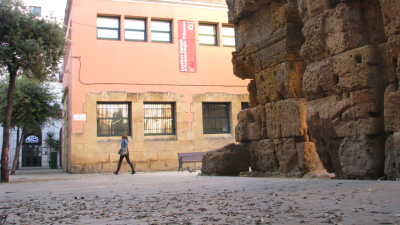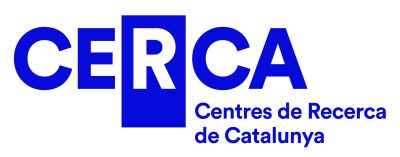
The Catalan Institute of Classical Archaeology (ICAC) is advancing a transformative project that will mark a milestone in its history: relocating to Module 6 of the Tabacalera complex in Tarragona. This move will triple the institute’s available space, significantly enhancing its research infrastructure.
This major step is made possible through the collaborative efforts of the Generalitat de Catalunya, the Rovira i Virgili University (URV), and the Tarragona City Council. The latter is set to join the ICAC consortium with the upcoming ratification of new statutes, currently under legal review. Central to the project is the transfer of Module 6 by the Tarragona City Council, a process now in its final stages.
The 3,000 m² space will enable the expansion of laboratories, offices, and classrooms, fostering new synergies with the future Necropolis Park and other research institutions in the region.
The Generalitat has committed to covering the entire project cost, with an investment of €5.3 million. This funding encompasses the executive planning, construction, and equipping of the new facilities. The executive project is scheduled to go to tender in early 2025, with construction planned to start in 2026 and completion expected by 2028.
A Strategic Boost for Tarragona
Josep Maria Palet, director of the ICAC, emphasized that this relocation represents a “significant leap forward” for the institute and a strategic opportunity to establish the Tabacalera complex as a research and innovation hub in Tarragona. The project also includes architectural upgrades, such as the creation of a light well and the adaptation of new spaces for laboratories and scientific activities. Plans are underway to connect the building to the Necropolis Park via a passageway for improved accessibility.
This relocation is the first phase of a broader, more ambitious initiative aimed at positioning Tarragona as a leader in research and science in southern Catalonia. This vision includes close collaboration with the URV and other CERCA system research centres in the region, such as IPHES, ICIQ, and IISPV.
While administrative and funding challenges remain, the project is firmly grounded in institutional support. If all goes according to plan, Tarragona could inaugurate a state-of-the-art classical archaeology centre by 2028, poised to tackle future scientific challenges. The ICAC is committed to maintaining clear and rigorous communication about the evolution of the project.
About the Catalan Institute of Classical Archaeology (ICAC)
The Catalan Institute of Classical Archaeology (ICAC-CERCA) is a CERCA center established as a consortium in 2003 by the Government of Catalonia and the Rovira i Virgili University. It is a Catalan institution with an international scope, at the forefront of research and conservation of archaeological heritage. Its headquarters are in Tarragona, a city recognized as a UNESCO World Heritage Site in 2000. Its researchers work to understand the past, through the study of archaeological remains, and promote the preservation of the historical legacy. We are CERCA!
For more information, visit www.icac.cat.






